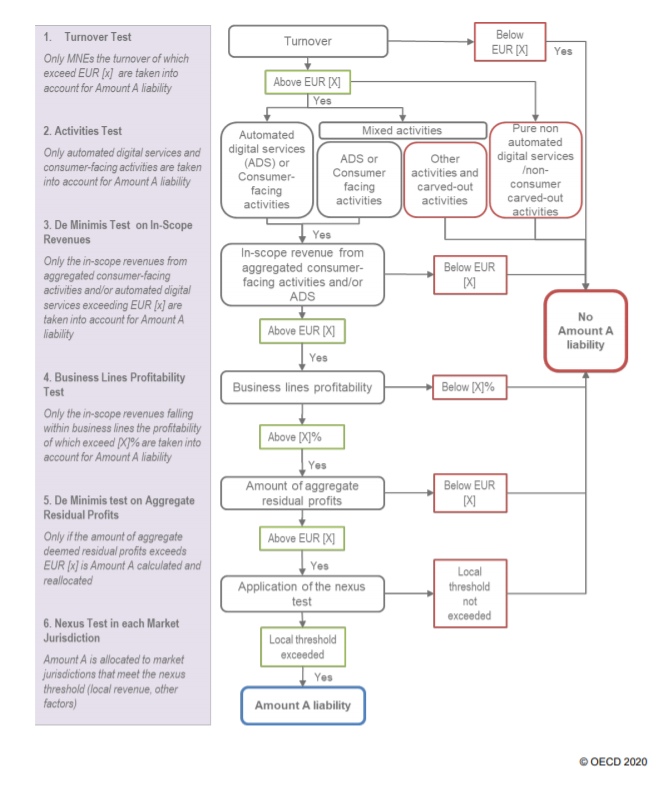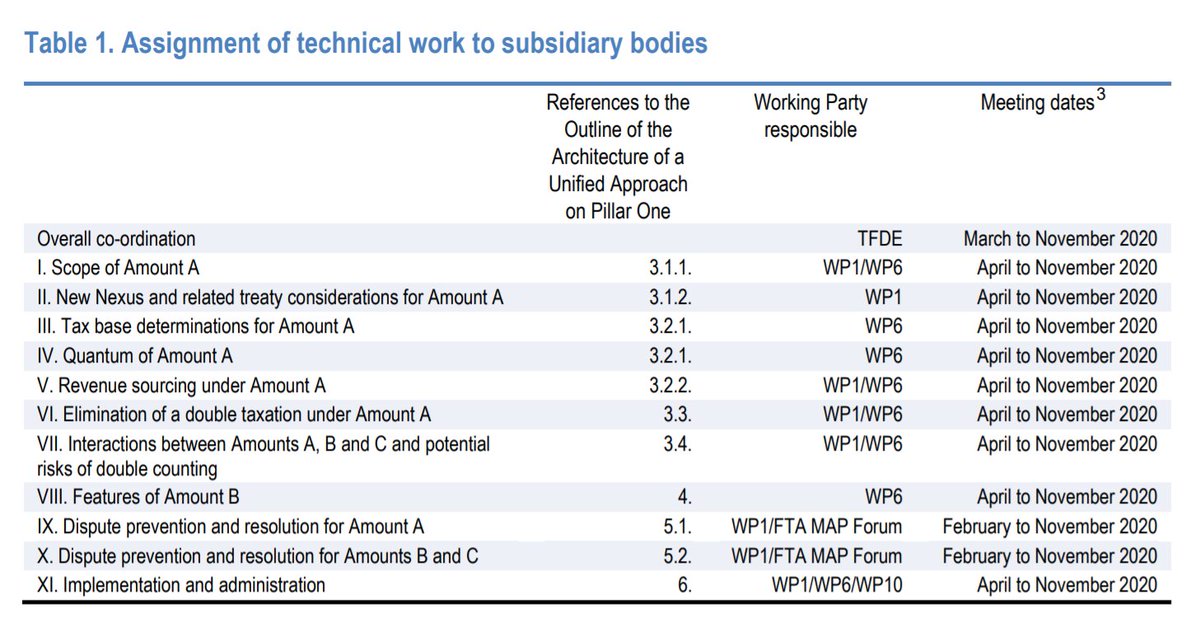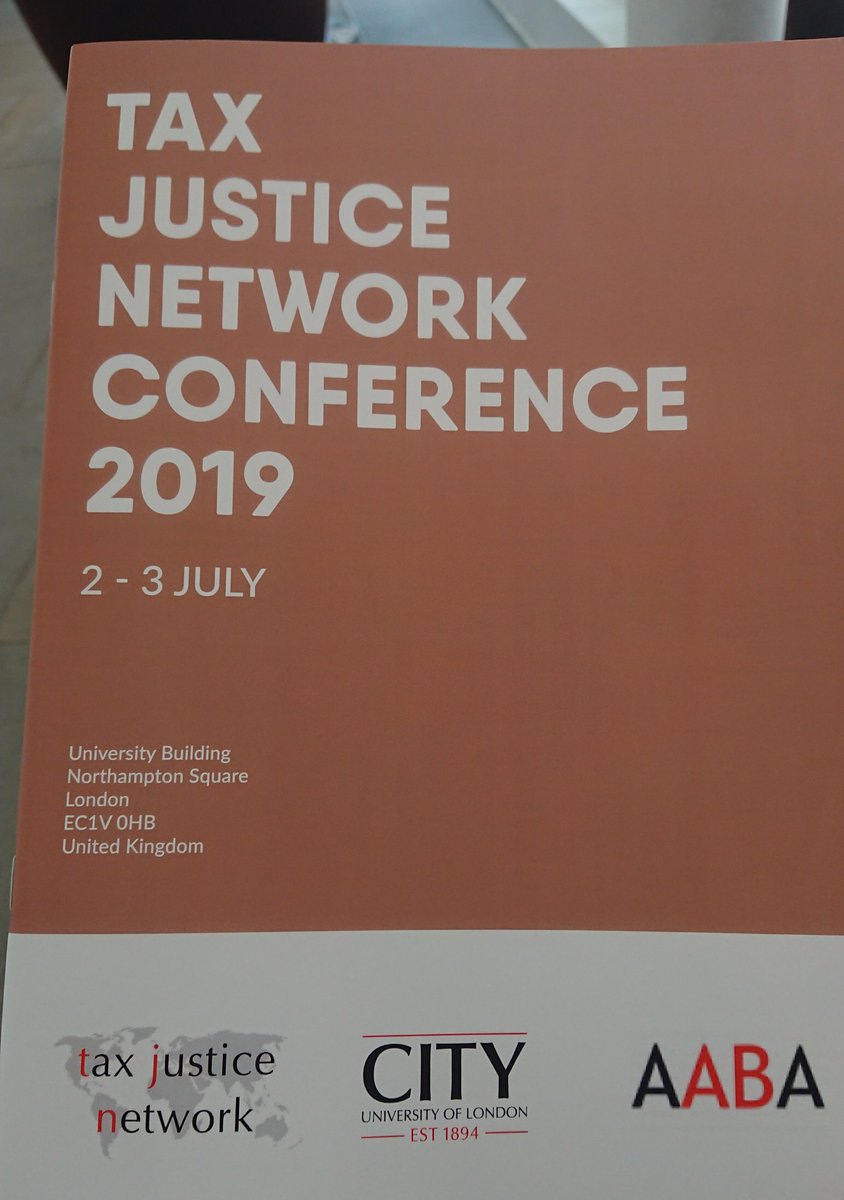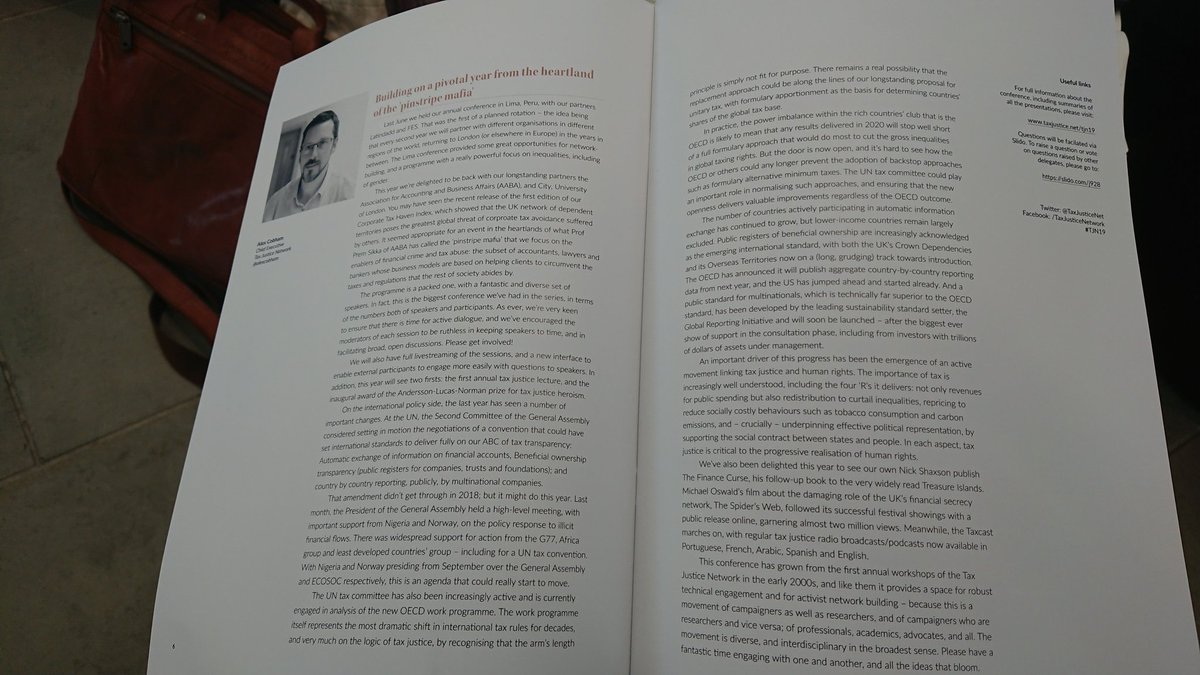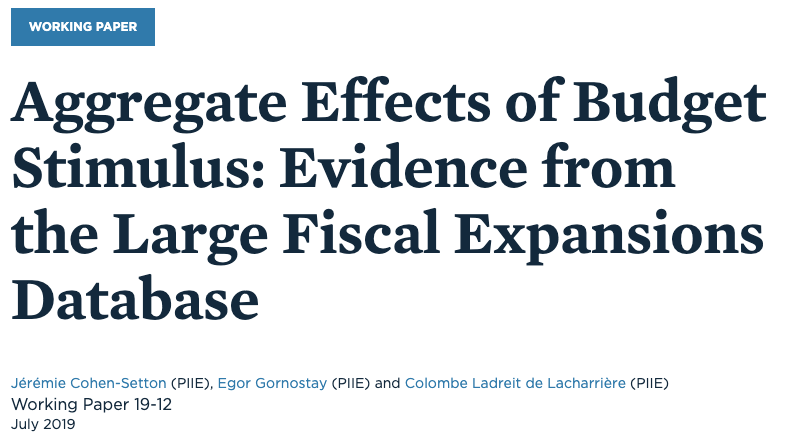oecd.org/tax/internatio…
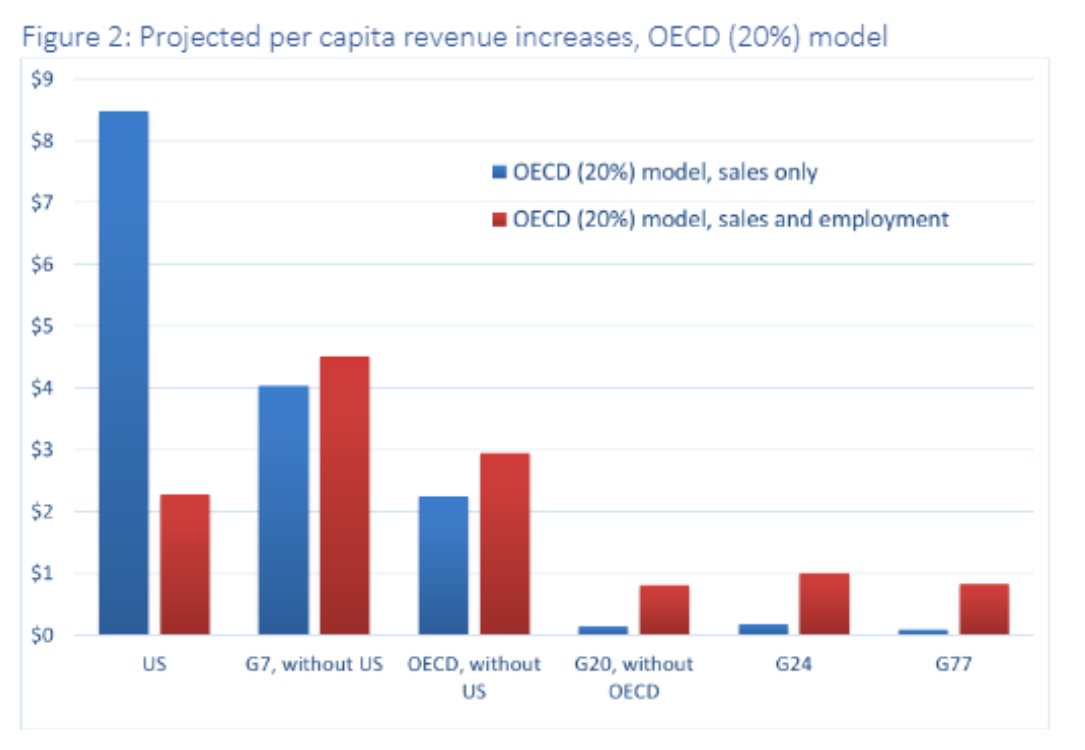
A major question now is where the next global tax talks after 2020 will take place - or if unilateral splintering is the foreseeable future.
unlikely to dissipate any time soon.
1. Limited reform.
2. Process collapses due to lack of trust.
3. Reset with concessions to IF.
Agreement of sorts by end-2020 is now more likely; but also certain not to be the last word.
--
Not a surprising outcome overall, and perhaps it will ultimately prove to be for the best; but for now, frustrating all the same.

